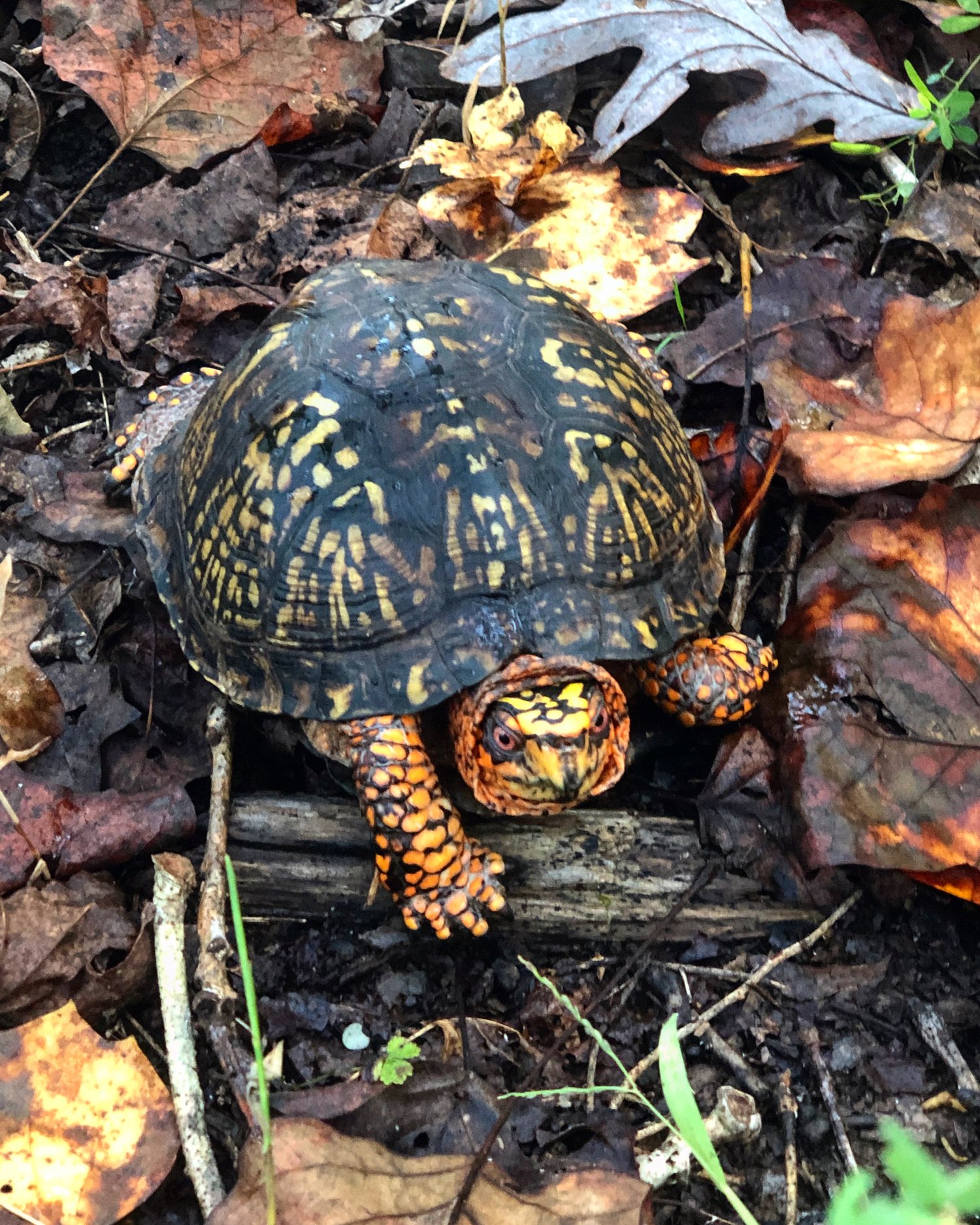
Keep South Carolina Wild
September 06, 2024
With the goal of increasing biodiversity on their property, Michelin US-2, located right outside of Anderson, SC, is happy to announce they are no longer using pesticides, fertilizers, or chemical weed treatment on their property. They are working towards removing all invasive Callery (Bradford) pear trees, which will allow native vegetation to replace this ecologically destructive tree species.
Michelin recently partnered with Furman University and Dr. John Quinn, professor of Biology, to perform multiple species inventories to record what kind of flora and fauna is present on their property. In addition to seven turtle species found on the property, great blue herons, bald eagles, and a variety of frog species were recorded too.
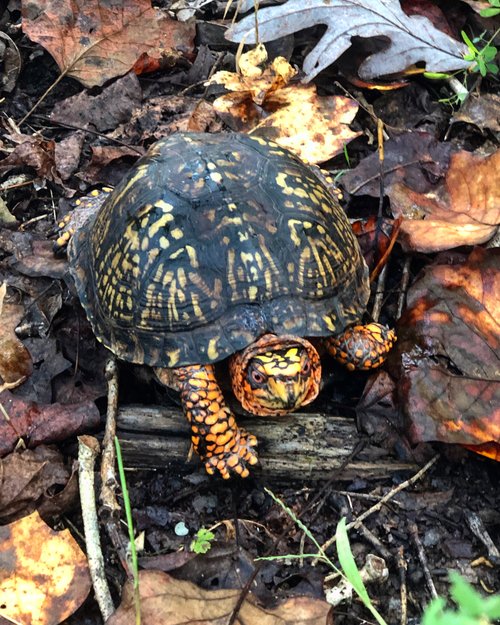
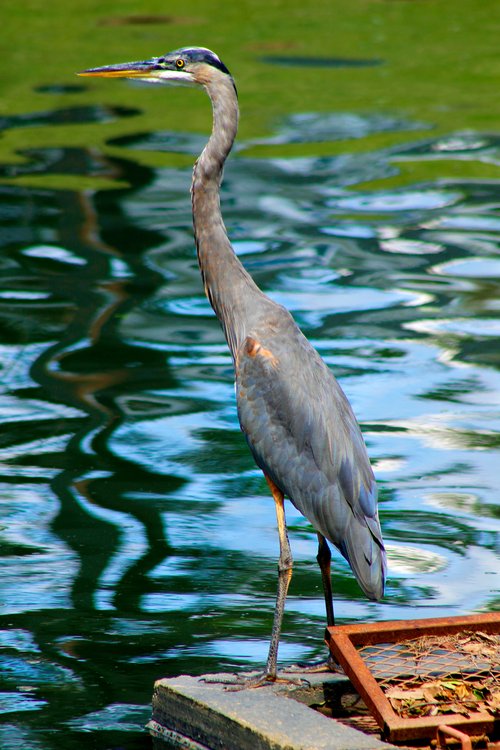
Species like the ones pictured above are thriving at US-2’s property. Image Credits L to R: Eastern Box Turtle Strolling in the Leaves by Jenna Plating and Greer’s Great Blue Heron by Katie Derhay.
With the good work being done on US-2’s property, the nature trail, which was established for employees and their families to enjoy, should be teaming with a healthy variety of wildlife for years to come. Thank you, Michelin, for providing yet another example of your company working to improve habitat conditions for wildlife throughout SC. And congratulations on celebrating 50 years at this site!
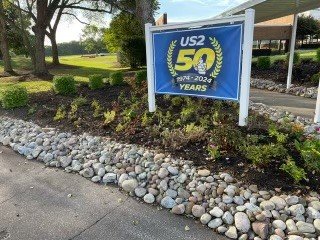


Tags: WAIT, WAIT Partner, Michelin
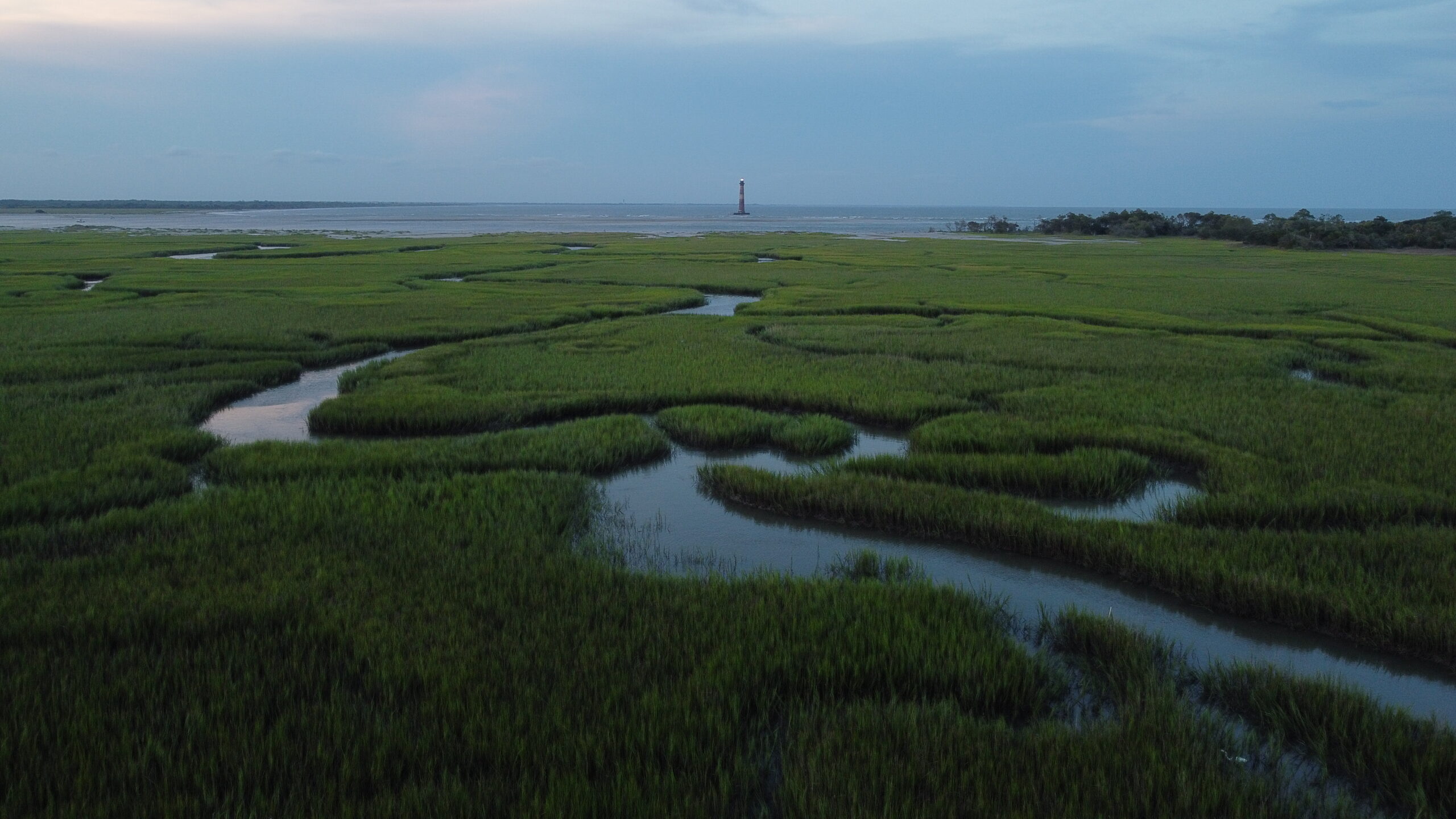
Congratulations to the winners of the 2024 Wildlife Photography contest! It is always hard to select a winner because we have such talented photographers, and this year's contest was no...

One of the greatest things we can see on a Wildlife And Industry Together or WAIT partner’s property are signs that wildlife has a place to feed and reproduce in...
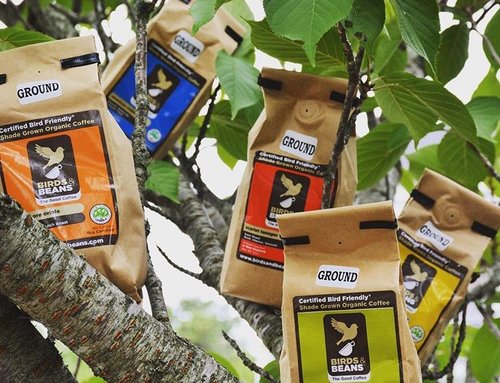
Our Coffee Problem: You may have heard the news that our world’s migratory songbirds are in jeopardy. Habitat loss is one of the greatest threats to these populations, and your...